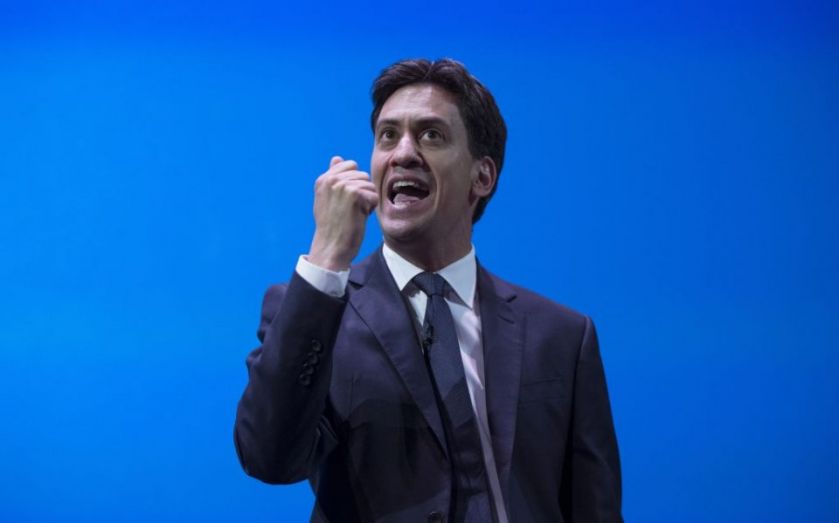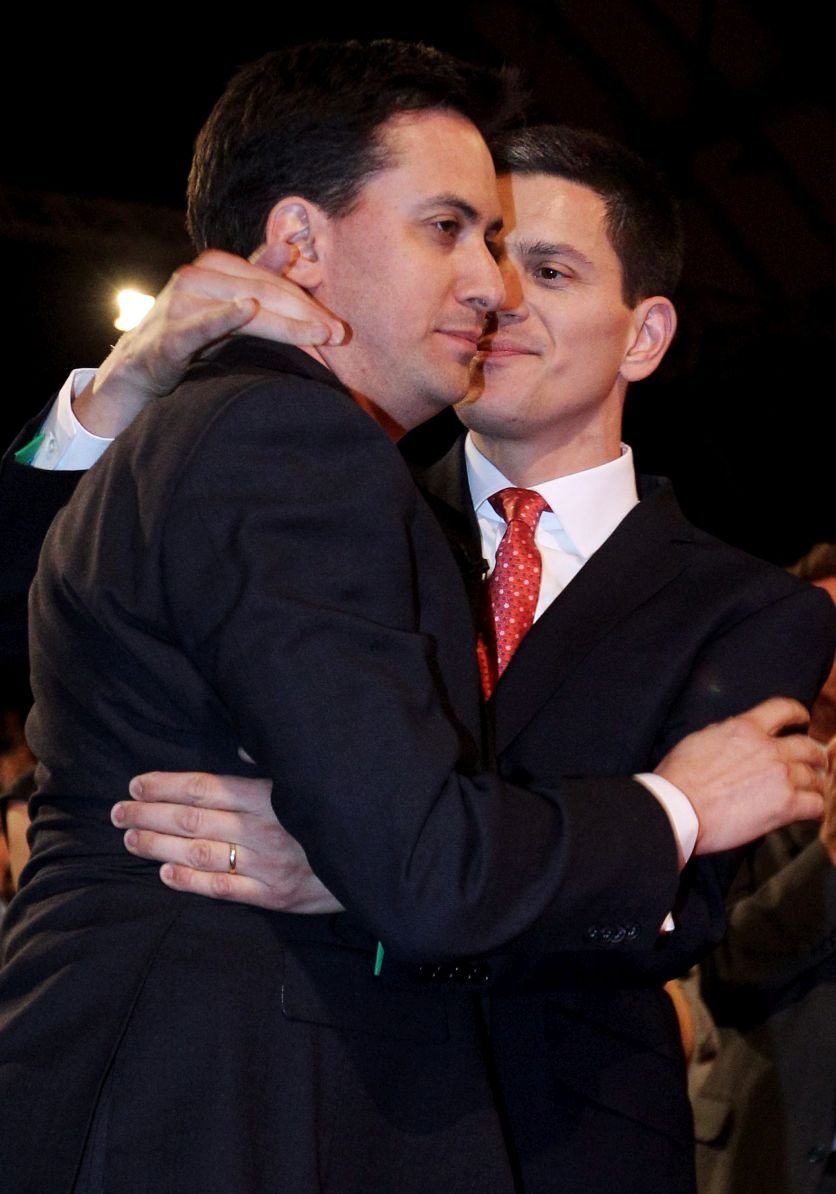Ed Miliband’s road from awkward little brother to Milifan idol: The man who would be General Election king

Whether he's tucking into a bacon sandwich while sauce falls everywhere, chatting with mums about the importance of fatherhood or posing for hen-do selfies, Ed Miliband's encounters with the general public never fail to cause a stir.
But as the General Election campaign reaches its finale, the Labour leader will be hoping to become much more than the protagonist in many a YouTube video hit – he'll be planning on entering 10 Downing Street, sending David Cameron packing as he prepares to take on the world as the UK's new Prime Minister.
Miliband's personal approval ratings have been on a roller-coaster ride lately, making it one of the toughest elections to call in history. At the end of last year he was on course to become the least popular party leader ever, with his rating dropping to -56 at one point. But since the start of 2015 he's been steadily gaining support, with his rating moving up to -26 by the most recent measure. It's still relatively low in the big scheme of things, but it shows how quickly attitudes towards him are shifting.

So what is there to know about the man who's giving David Cameron such a run for his money? Politics have always played a big role in his life – his father was Ralph Miliband, the Polish Jewish Marxist academic who fled to England during World War II. After going to school in London, Ed went to study politics, philosophy and economics (incidentally, the same subject as Cameron) at Corpus Christi college at Oxford University, where he dabbled in campaigning.
But it was in 2005, after doing a Master's in economics and spending time as a policy researcher and speechwriter, that Miliband's involvement in British politics took off. He was appointed MP for Doncaster in 2005, and served in Gordon Brown's cabinet from 2007 to 2010. When Brown stepped down following defeat in the last General Election, Ed ran for leadership directly against his older brother David, also a prominent member of the party.

Ed only beat Dave marginally, thanks to trade union support (Source: Getty)
His win attracted criticism both from parliament and outside – his brother had been considered the favourite, and some viewed his actions as disloyal. Tory MP Michael Fallon recently described him as a “backstabber” who would “stab” the country in the same way he did his own brother. Ouch.
Miliband has focused on cultivating a "man of the people" image in the run-up to polling day, most recently during his interview with comedian Russell Brand and his encounter with a hen-party in Chester. It seems to be paying off in some parts of society– he now has a large online following of “Milifans”, with the Milifandom Twitter page boasting over 30,000 followers, most of whom are women.
From a business point of view, however, he's been less successful at getting Britain on his side. Only last month, a group of 120 senior business leaders, some of whom had previously supported the Labour party, signed a letter to The Telegraph warning a government under Miliband would “threaten jobs and deter investment”.
CBI president Mike Rake separately voiced concern at his “talk of misguided intervention” and plan to force energy firms to freeze prices. In a speech, he criticised Miliband's “short-term politicking”, saying it did “little to encourage innovation and job creation tomorrow”.
Will Miliband end up in Number 10? Most polls suggest the Conservatives are slightly ahead of Labour at the moment, which doesn't bode well for his chances of becoming Prime Minister. But the difference is marginal and it would not take much for Miliband to catch up with Cameron.
[custom id="1"]